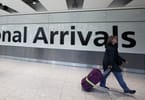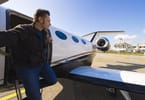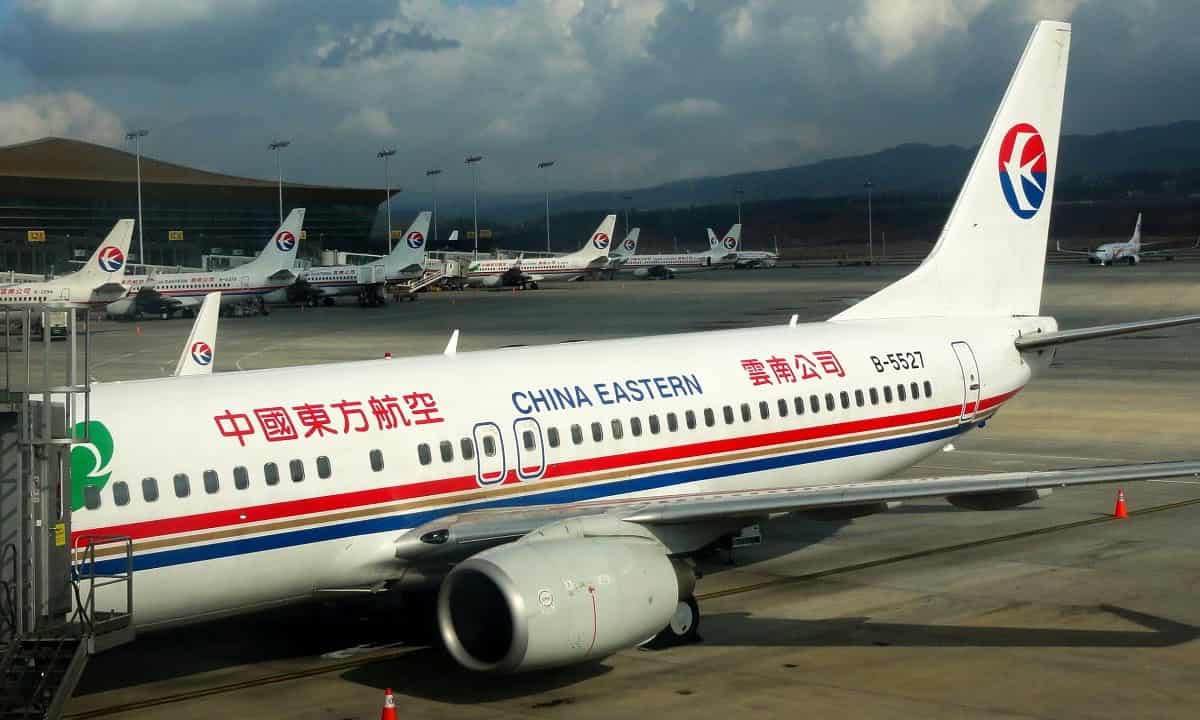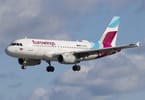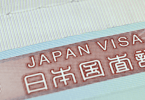Recently, an online survey was conducted by AirPlus International to see how mobile technology is being integrated into corporate travel programs. What was found, is that attitudes and practices are quite varied.
While this is clearly an indication of a segment in its infancy, fast-paced changes and easy access will necessitate the development of best practices, according to the company.
“Mobile devices will have a profound and lasting impact on travel and the business of travel procurement and management. What we see today with online social media and some of the first mobile applications will quickly be surpassed by ubiquitous access to contextual information, augmented reality, and real-time, decision-making tools in the hands of travelers,” said Richard Crum, president of AirPlus International.
Among survey respondents, 35 percent estimated that more than 90 percent of their travelers carry a smart phone or other wireless-enabled device that allows them to access web-based travel tools on demand. Another 29 percent pegged smart phone usage at 70 percent to 90 percent among their travelers.
While there are probably under 75 mobile tools that are built for companies to manage their corporate travel programs (booking, expense, etc.) there are more than 2,000 traveler-oriented applications currently available for the iPhone alone. There are plenty of free and low-cost services targeted specifically to the corporate traveler as well, from itinerary aggregators and sharing sites to mobile services offered by airlines and other travel suppliers. Such sites as Kayak and Yapta, with email alerts about low-cost flights and hotels for traveler-defined trip parameters, have literally put alternative sourcing channels into the hands of managed travelers.
As managed travelers are empowered with robust mobile information and services, the credibility of a status quo travel program may suffer, according to AirPlus.
The reaction to this issue among companies responding to the AirPlus survey was mixed. More than 36 percent (the highest percentage) believed their travelers used only the mobile tools and applications sanctioned by the company. Just over 34 percent saw a mix of company-sanctioned mobile travel tools, as well as personally-sourced tools. Almost 10 percent of respondents said their companies left the entire matter up to the traveler, while about 7 percent tried to minimize the use of mobile travel tools overall.
A interesting statistic that emerged from the research was how few travel stakeholders had any influence over their company’s mobile travel management strategy. More than 54 percent of respondents said they had no involvement in mobile.
“There are risks associated with turning a blind eye to the changes underway. As on-demand technologies and services permeate the consumer space, managed travelers are likely to migrate away from old-school tools, often with the best intentions that 1) they are finding better deals through their own sources, and 2) they can be more productive when supported by technologies that fall outside the universe of corporate sanctions,” stated AirPlus.
The survey involved 71 travel management professionals in North America and Europe from March 9-19, 2010.
WHAT TO TAKE AWAY FROM THIS ARTICLE:
- As on-demand technologies and services permeate the consumer space, managed travelers are likely to migrate away from old-school tools, often with the best intentions that 1) they are finding better deals through their own sources, and 2) they can be more productive when supported by technologies that fall outside the universe of corporate sanctions,” stated AirPlus.
- What we see today with online social media and some of the first mobile applications will quickly be surpassed by ubiquitous access to contextual information, augmented reality, and real-time, decision-making tools in the hands of travelers,” said Richard Crum, president of AirPlus International.
- Almost 10 percent of respondents said their companies left the entire matter up to the traveler, while about 7 percent tried to minimize the use of mobile travel tools overall.











